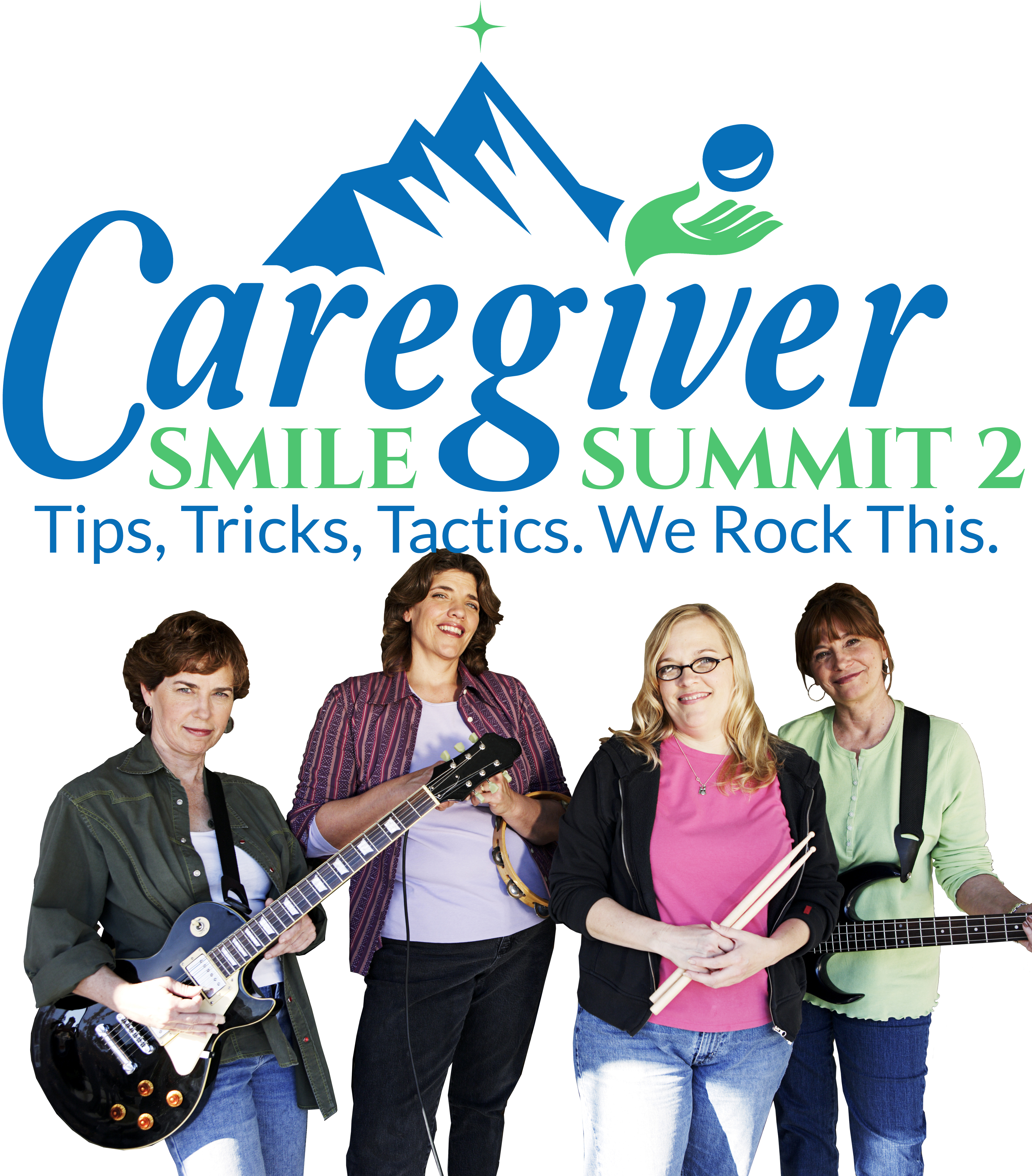Sonja Shute and Christina DeSantis are participating in the Caregiver Smile Summit
Sonja Shute and Christina DeSantis are participating in the Caregiver Smile Summit
Sonja and Christina are participating in the Caregiver Smile Summit.
Sonja is Senior Director of Presbyterian Senior Services’ Circle of Care program in New York City. Originally from Canada, Sonja received her Master of Social Work degree from Wilfrid Laurier University Faculty of Social Work, and a Bachelor of Arts degree from the University of Alberta. She joined the PSS Circle of Care team in 2017, and recently became the program’s Senior Director.
Christina is Co-Director. She received her Master of Social Work degree from Fordham University and a Bachelor of Social Work degree from Adelphi University. Upon graduating from Fordham Christina joined PSS Circle of Care as a Care Consultant and recently became the Co-Director of the program.
Their topic is: “Start with YES: Using the Techniques of Improvisational Comedy and Empathy to Improve Caregiver Communications”
Find out more about the Caregiver Smile Summit – www.caregiversummit.org
The Importance of New Year’s Resolutions for Seniors – Charlotte Today
The Importance of New Year’s Resolutions for Seniors – Charlotte Today
NEW YEAR’S Resolutions are just for the young, right? Not necessarily. They actually has practical value for older people and can impact your overall health positively.
Provide Purpose
If nothing else, they provide us with goals and purpose in our lives. Rush University has conducted studies that show people who view life with a sense of purpose are two to four times less likely to develop Alzheimer’s. Purpose gives you discipline. Another Rush study notes that self-disciplined, highly organized people are less susceptible to Alzheimer’s.
And, a study in Journal of the American Medical Association showed that older adults with a solid sense of purpose tend to retain strong hand grips and walking speeds – key indicators of how rapidly people are aging. Watch my segment on the Charlotte Today program.
Podcast: Play in new window | Download
Subscribe: Apple Podcasts | RSS
The Importance of New Year’s Resolutions for Seniors – Charlotte Today
The Importance of New Year’s Resolutions for Seniors – Charlotte Today
NEW YEAR’S Resolutions are just for the young, right? Not necessarily. They actually has practical value for older people and can impact your overall health positively.
Provide Purpose
If nothing else, they provide us with goals and purpose in our lives. Rush University has conducted studies that show people who view life with a sense of purpose are two to four times less likely to develop Alzheimer’s. Purpose gives you discipline. Another Rush study notes that self-disciplined, highly organized people are less susceptible to Alzheimer’s.
And, a study in Journal of the American Medical Association showed that older adults with a solid sense of purpose tend to retain strong hand grips and walking speeds – key indicators of how rapidly people are aging. Listen to my segment on the Charlotte Today program.
Podcast: Play in new window | Download
Subscribe: Apple Podcasts | RSS
Our Friday Song of the Week – Sherry
Our Friday Song of the Week – Sherry
Foods Linked to Decreased Memory Loss in Men
Orange Juice, Leafy Greens and Berries May Be Tied to Decreased Memory Loss in Men
Eating leafy greens, dark orange and red vegetables and berry fruits, and drinking orange juice may be associated with a lower risk of memory loss over time in men, according to a study published in the online issue of Neurology®, the medical journal of the American Academy of Neurology.
“One of the most important factors in this study is that we were able to research and track such a large group of men over a 20-year period of time, allowing for very telling results,” said study author Changzheng Yuan, ScD, of Harvard T.H. Chan School of Public Health in Boston. “Our studies provide further evidence dietary choices can be important to maintain your brain health.”
The study looked at 27,842 men with an average age of 51 who were all health professionals. Participants filled out questionnaires about how many servings of fruits, vegetables and other foods they had each day at the beginning of the study and then every four years for 20 years. A serving of fruit is considered one cup of fruit or ½ cup of fruit juice. A serving of vegetables is considered one cup of raw vegetables or two cups of leafy greens.
Participants also took subjective tests of their thinking and memory skills at least four years before the end of the study, when they were an average age of 73. The test is designed to detect changes that people can notice in how well they are remembering things before those changes would be detected by objective cognitive tests. Changes in memory reported by the participants would be considered precursors to mild cognitive impairment. The six questions include “Do you have more trouble than usual remembering a short list of items, such as a shopping list?” and “Do you have more trouble than usual following a group conversation or a plot in a TV program due to your memory?”
A total of 55 percent of the participants had good thinking and memory skills, 38 percent had moderate skills, and 7 percent had poor thinking and memory skills.
The participants were divided into five groups based on their fruit and vegetable consumption. For vegetables, the highest group ate about six servings per day, compared to about two servings for the lowest group. For fruits, the top group ate about three servings per day, compared to half a serving for the bottom group.
The men who consumed the most vegetables were 34 percent less likely to develop poor thinking skills than the men who consumed the least amount of vegetables. A total of 6.6 percent of men in the top group developed poor cognitive function, compared to 7.9 percent of men in the bottom group.
The men who drank orange juice every day were 47 percent less likely to develop poor thinking skills than the men who drank less than one serving per month. This association was mainly observed for regular consumption of orange juice among the oldest men. A total of 6.9 percent of men who drank orange juice every day developed poor cognitive function, compared to 8.4 percent of men who drank orange juice less than once a month. This difference in risk was adjusted for age but not adjusted for other factors related to reported changes in memory.
The men who ate the most fruit each day were less likely to develop poor thinking skills, but that association was weakened after researchers adjusted for other dietary factors that could affect the results, such as consumption of vegetables, fruit juice, refined grains, legumes and dairy products.
The researchers also found that people who ate larger amounts of fruits and vegetables 20 years earlier were less likely to develop thinking and memory problems, whether or not they kept eating larger amounts of fruits and vegetables about six years before the memory test.
The study does not show that eating fruits and vegetables and drinking orange juice reduces memory loss; it only shows a relationship between them.
A limitation of the study was that participants’ memory and thinking skills were not tested at the beginning of the study to see how they changed over the course of the study. However, because all participants completed professional training, they can be assumed to have started with relatively high cognitive function in early adult life. In addition, the study participants were all male health professionals such as dentists, optometrists, and veterinarians. Thus, the results may not apply to women and other groups of men.
The study on memory loss was supported by a grant from the National Institutes of Health and an anonymous gift to the Harvard T.H. Chan School of Public Health.













